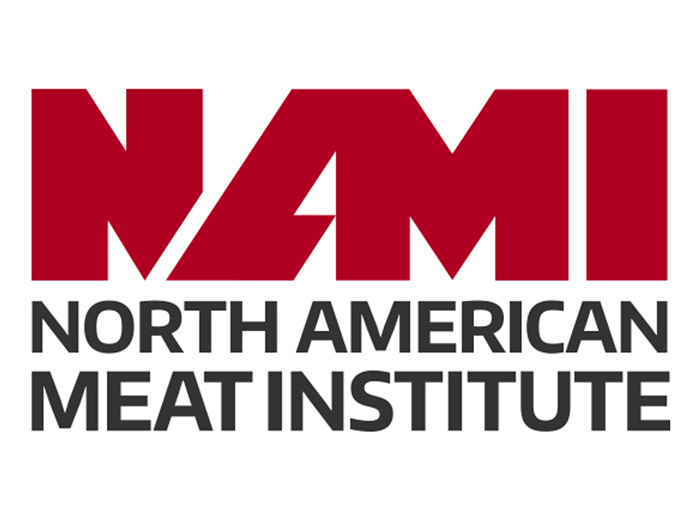Donation to Feeding America Provides 200,000 Meals
January 3, 2023 | 3 min to read

WASHINGTON, DC – The North American Meat Institute (NAMI) announced a holiday season donation to Feeding America that will provide 200,000 meals for families facing hunger. The donation is made possible through Meat Institute sponsors’ generous support, including through sponsorship of the Protein PACT for the People, Animals & Climate of Tomorrow.
Through the Protein PACT, the Meat Institute has committed that it will work with the U.S. Department of Agriculture and Feeding America to help measure and fill by 2025 the “protein gap” – the difference between the high-quality meat food banks and charities need and what they are able to safely receive, store, and distribute.
Meat Institute President and CEO Julie Anna Potts commented:
“The Protein PACT represents our firm commitment to ensuring meat will sustain generations to come, including by acting urgently to meet the needs of families facing hunger now. Meat Institute members are among the nation’s leaders in action to end hunger, and we will continue taking every step to support that mission.”
The Meat Institute, its members and sponsors, and Protein PACT partners across animal agriculture share a common commitment to ending hunger, as highlighted in Protein PACT input provided for the October 2022 White House Conference on Hunger, Nutrition, and Health.
Examples of Protein PACT partners’ contributions include:
- The American Feed Industry Association (AFIA) made a donation to Feeding America supporting an additional 5,000 meals.
- The Beef Alliance and the U.S. Roundtable for Sustainable Beef are involved with the non-profit Beef Sticks for Backpacks (BSFB), whose mission is to produce and donate beef sticks to children facing food insecurity in Colorado. Since 2019, BSFB has provided more than 1.25 million beef sticks to children facing hunger. Each one-ounce beef stick contains 8 grams of protein and is produced by students at Colorado State University in their USDA facility. BFSB partners like the Food Bank of the Rockies and Totes for Hope get enough beef sticks for every food bag at no cost, and BSFB aims to increase production from the current 20,000 sticks per week to 30,000 sticks per week in order to provide beef sticks to every food bag program throughout Colorado.
- The National Pork Board, on behalf of pig farmers, aims to double the industry’s national giving by 2030 to help feed more food insecure people and bolster the overall health of rural communities, which often face higher food insecurity rates than the national average.
- The U.S. dairy sector increased dairy distributed in food banks by 50% from 2019 to 2021, and the Innovation Center for U.S. Dairy’s food security taskforce is working to rally industry for an additional 50% increase by 2025, aiming to reach 1 billion pounds of dairy distributed.
Meat Institute members have announced more than $9 million in food security donations in 2022 alone, including to build and expand infrastructure to safely store and package fresh meat. An index of Meat Institute members’ efforts to end hunger is available here .
The Meat Institute this year took the major step of designating food security as a non-competitive issue and created a new food security committee to facilitate information sharing and implementation of sector-wide best practices.
###
About the North American Meat Institute: The Meat Institute is the United States’ oldest and largest trade association representing packers and processors of beef, pork, lamb, veal, turkey, and processed meat products. NAMI members include more than 350 meat packing and processing companies, the majority of which have fewer than 100 employees, and account for more than 95 percent of the United States’ output of meat and 70 percent of turkey production.
About the Protein PACT: The Protein PACT unites partners across animal protein in the first-ever joint effort to accelerate the entire animal protein sector’s progress toward global sustainable development goals for healthy people, healthy animals, healthy communities, and a healthy environment. Protein PACT partners are establishing transparent baselines and benchmarks for our efforts, setting ambitious targets for continuous improvement, collecting data to verify and transparently report on progress, and launching comprehensive communications about animal protein’s unique place in sustainable, healthy diets. To learn more, visit www.TheProteinPACT.org.
